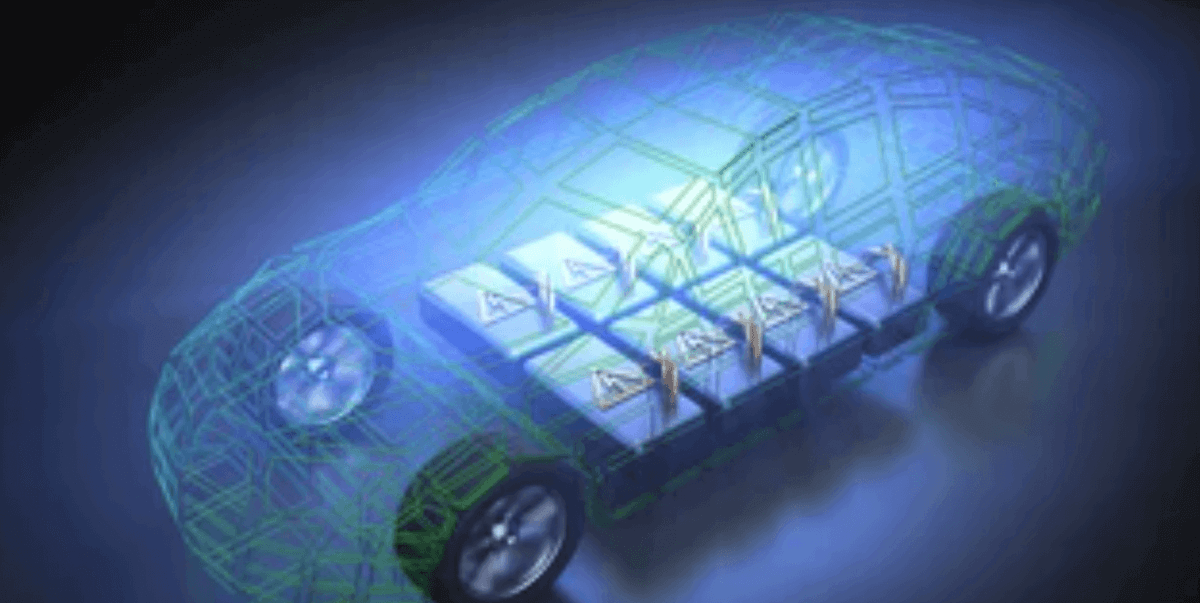Introduction
Electric vehicles (EVs) have been gaining popularity in recent years as a means of reducing dependence on fossil fuels and mitigating climate change. One of the key components of an EV is the battery pack, which provides the power necessary to drive the vehicle. In this article, we will explore the different types of battery packs used in EVs and their uses.
Lithium-Ion Batteries
Lithium-ion batteries are the most widely used type of battery in EVs. They are lightweight, have a high energy density, and can be charged quickly. Additionally, they have a relatively long lifespan and can be recycled, making them an environmentally friendly choice.
Nickel-Metal Hydride Batteries
Nickel-metal Hydride (NiMH) batteries are another type of battery commonly used in EVs. They have a slightly lower energy density than lithium-ion batteries, but are still a popular choice due to their lower cost and better performance in cold weather.
Lead-Acid Batteries
Lead-acid batteries have been used in EVs for many years and are still a popular choice for low-speed and low-range EVs. They are relatively inexpensive, but heavy and have a relatively short lifespan compared to other types of batteries.
Zinc-Air Batteries
Zinc-air batteries are a relatively new type of battery that have a high energy density and are more environmentally friendly than other types of batteries. They are still in the early stages of development, but show promise as a future option for EVs.
Conclusion
In conclusion, the type of battery used in an EV is a crucial factor in determining the vehicle’s range, performance, and overall sustainability. Lithium-ion batteries are currently the most popular choice for EVs due to their high energy density and quick charging time. However, other types of batteries, such as nickel-metal Hydride and lead-acid batteries, are also commonly used and offer different benefits. As the EV market continues to grow, it is likely that new types of batteries will emerge, offering even more options for drivers.

[…] Electric Vehicles (EVs) […]